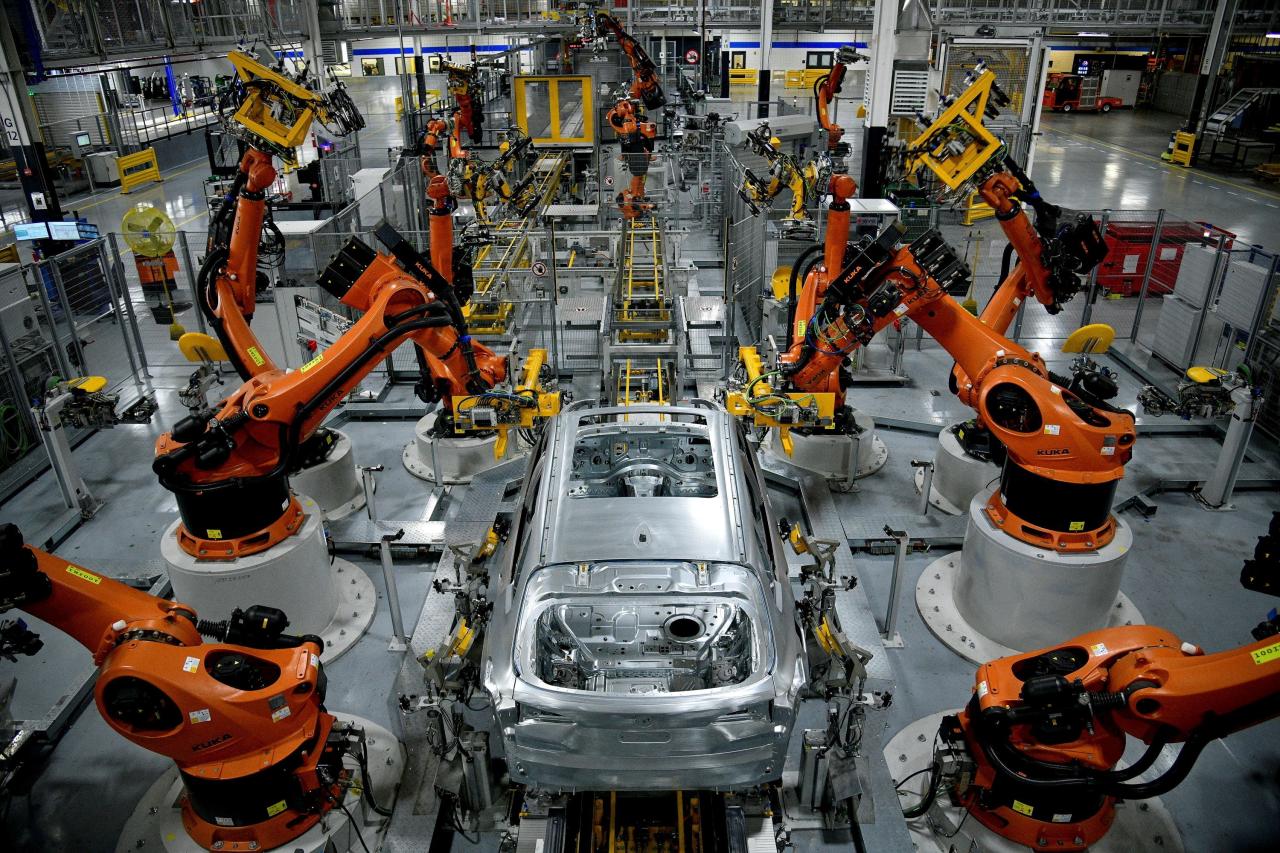

How Technology is Changing the Manufacturing Sector
The manufacturing sector has undergone a significant transformation in recent years, thanks to the rapid advancement of technology. From the production floor to supply chain management, technology is revolutionizing the way goods are designed, produced, and distributed. In this article, we will explore the impact of technology on the manufacturing sector and how it is driving innovation, efficiency, and productivity.
Industry 4.0: The Fourth Industrial Revolution
The current era of industrialization, known as Industry 4.0, is characterized by the integration of digital technologies, such as artificial intelligence (AI), machine learning, and the Internet of Things (IoT), into the manufacturing process. This fusion of physical and digital systems enables the creation of smart factories, where machines and devices communicate with each other and with humans in real-time, optimizing production and improving decision-making.
Automation and Robotics
One of the most significant impacts of technology on manufacturing is the increased use of automation and robotics. Machines and robots are taking over repetitive and mundane tasks, freeing human workers to focus on more complex and creative activities. This has led to improved product quality, reduced errors, and increased productivity.
Additive Manufacturing (3D Printing)
Additive manufacturing, also known as 3D printing, is another technology that is transforming the manufacturing sector. This process involves the layer-by-layer creation of products, allowing for the production of complex geometries and customized products with reduced material waste. Additive manufacturing is particularly useful for producing spare parts, prototyping, and creating customized products.
Data Analytics and Artificial Intelligence
The increasing availability of data and the development of advanced analytics have enabled manufacturers to gain valuable insights into their operations. Data analytics helps manufacturers to identify areas of inefficiency, optimize production, and predict maintenance needs. AI-powered systems can analyze large amounts of data in real-time, enabling manufacturers to respond quickly to changes in demand or supply chain disruptions.
Cloud Computing and IoT
Cloud computing has enabled manufacturers to access vast amounts of computing power and storage, allowing them to process and analyze large amounts of data quickly and efficiently. The IoT has connected devices and machines, enabling real-time monitoring and data exchange. This has led to improved supply chain management, reduced downtime, and increased product quality.
Cybersecurity
As manufacturing becomes increasingly dependent on technology, cybersecurity has become a critical concern. Manufacturers must protect their systems and data from cyber threats, ensuring the integrity of their operations and protecting sensitive information.
The Impact on Supply Chain Management
Technology has also transformed supply chain management, enabling manufacturers to respond quickly to changes in demand and minimize disruptions. Advanced analytics and AI-powered systems enable manufacturers to predict demand, optimize inventory levels, and streamline logistics.
The Impact on Jobs and Skills
The increasing use of automation and robotics has raised concerns about job losses and the need for workers to acquire new skills. While it is true that some jobs may be displaced, new jobs are being created in areas such as robotics maintenance, data analysis, and AI development. Manufacturers must invest in training and upskilling programs to ensure that their workers have the skills needed to thrive in a technology-driven industry.
Case Studies
Several manufacturers have already seen significant benefits from the adoption of technology. For example:
- GE Appliances: GE Appliances has implemented an IoT-based platform that enables real-time monitoring of its production lines, reducing downtime and improving product quality.
- Siemens: Siemens has developed an AI-powered system that analyzes data from its manufacturing processes, identifying areas of inefficiency and optimizing production.
- BMW: BMW has implemented additive manufacturing techniques to produce customized car parts, reducing material waste and improving product quality.
Conclusion
The manufacturing sector is undergoing a significant transformation, driven by the rapid advancement of technology. From automation and robotics to data analytics and AI, technology is revolutionizing the way goods are designed, produced, and distributed. While there are challenges to be addressed, such as cybersecurity and the impact on jobs and skills, the benefits of technology adoption are clear. Manufacturers that invest in technology will be better equipped to compete in a rapidly changing industry, driving innovation, efficiency, and productivity.
Recommendations
- Manufacturers should invest in training and upskilling programs to ensure that their workers have the skills needed to thrive in a technology-driven industry.
- Governments and regulatory bodies should establish guidelines and standards for cybersecurity and data protection in the manufacturing sector.
- Manufacturers should adopt a hybrid approach to technology adoption, combining traditional manufacturing techniques with cutting-edge technologies such as AI and IoT.
- Manufacturers should prioritize collaboration and knowledge-sharing, establishing partnerships with technology providers, startups, and research institutions to stay ahead of the curve.
By embracing technology and driving innovation, manufacturers can ensure a bright future for the industry, driving economic growth, creating new opportunities, and improving the quality of life for consumers around the world.




